Stop Wearing Burnout as a Badge of Honour, Start Doing Nothing.
Pexels
In a culture that prioritizes work over rest and measures status in productivity, burnout has become a badge of honour.
But how did we get to this point?
Maybe it was from our high school days when we would brag about how many all-nighters were pulled come exam time. Maybe it was from our university days, when the only way to fit studying, working and staying social into one week meant staying up on Friday night only to clock into your Saturday morning shift on 2 hours of sleep and too much coffee.
Maybe we were able to do these things when we were young, but everyone who reaches the workforce full-time eventually realizes that this ‘productive’ regime isn’t productive at all – it’s simply unsustainable.
Even when we clock out for the day, we’re still expected to be accessible 24/7 through technology. Social media is actively designed to be addictive, and mindless hours of scrolling on Instagram, constantly checking your inbox, and receiving an endless amount of notifications can be extremely harmful and quadruple the effects of burnout for even the most productive among us.
Everything eventually comes full circle, and the scale to which burnout culture is affecting people is astonishing. Research has shown that burnout involves a sense of emotional exhaustion and reduced accomplishment, leading to lack of involvement, cynicism, depression, and inefficiency.
So how can we fix this unsustainable economic culture? The solution is to do absolutely nothing.
But is it actually healthy to do “nothing?”
Yes.
Having absolutely nothing on your to-do list comes with so many surprising benefits – especially if you’re the type of person that can’t seem to turn off all distractions. Doing nothing involves leaving white space in your schedule to emphasize what’s really important in life. The first step in achieving this balanced state of mind is to re-learn everything you were taught about doing nothing.
Pexels
You may have heard that doing nothing equals laziness or time wasted, but humankind needs to take regular breaks, unplug, and reset. If you’re constantly in a go go go state of mind, you will feel drained, and your performance will become depleted at rapid speed.
Doing nothing, above all else, might lead to a sense of boredom at first, but boredom is exactly what your brain needs to embrace dormancy. From ‘being bored,’ your brain actually becomes more creative and more prone to daydreaming. This will activate something in your brain referred to as the Default Mode Network (DMT), which allows you to approach new ideas creatively and connect the dots more efficiently. This state of mind will also allow you to improve your problem-solving skills and tackle new hurdles with an innovative approach. When the mind is completely calm, it begins to hunt for its own source of stimulation, which will re-wire your brain into becoming its own optimized productivity tool.
The mind and body connection
Pexels
Athletes across the board who train for multiple hours a day usually take two rest days per week. For athletes who don’t focus on daily rest and recovery, they will be more prone to injury and physical exhaustion. When athletes start to feel depleted during a training session, there comes a point when their coach will tell them to stop what they’re doing to avoid muscle strain. The mind and body are of the same entity, so it’s important to think of your brain as a muscle that requires rest to replenish energy levels and adapt to stressful environments. If you don’t take time for rest and recovery, your brain –just like athletes – will be more prone to mental exhaustion, tension, and fatigue.
Whether you’re an athlete training for the Olympics, a graduate who just got hired for your first job, or a student attempting to balance work and school, rest and recovery are absolutely vital in allowing your brain to cope better with stress and reboot your mental process.
Besides reducing stress and improving cognitive function, doing nothing will also allow your brain to become happier. Often times when people max out their to-do list, they firmly believe that being more productive will give them a sense of purpose, status, and joy. This couldn’t be more false.
Research has actually shown that taking the time to do nothing and reflect on what’s actually making you happier will allow you to manifest a better state of mind. If you focus too much on trying to achieve goals you think will make you happier, you might become too wrapped up in bad habits involved with overworking. This often leads to resentment. That “happy” lifestyle you initially worked towards becomes nothing more than a series of overstimulating, daunting tasks that you just want to escape from.
Idle time involves a certain level of mindfulness that can only be perfected through practice. If you’re just starting out, try to focus on your breathing and expel any inner voices of judgement during this practice. Apps such as Headspace and Insight Timer are also great resources when beginning to build better mindfulness habits. If you find it challenging to think about absolutely nothing, don’t worry, you’re not alone. One great approach to start is to listen to your favourite album and focus on your breathing. Listening to music doesn’t directly engage your mind the same way as watching the news or scrolling on your phone, so this is a great hack to propel your brain into that DMT state.
At the end of the day, you shouldn’t feel guilty about taking some time to do nothing when life gets busy. Taking care of yourself will allow you to feel happier long-term and properly take care of those around you. Not to mention, taking care of yourself will also drastically slow down your ageing process, and it never hurts to feel happier and look a bit younger!




